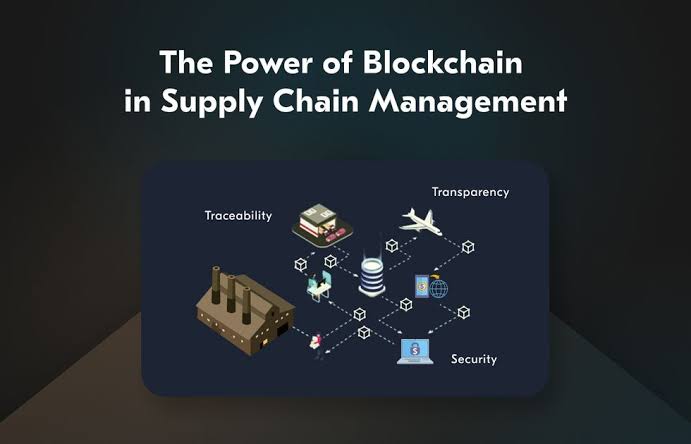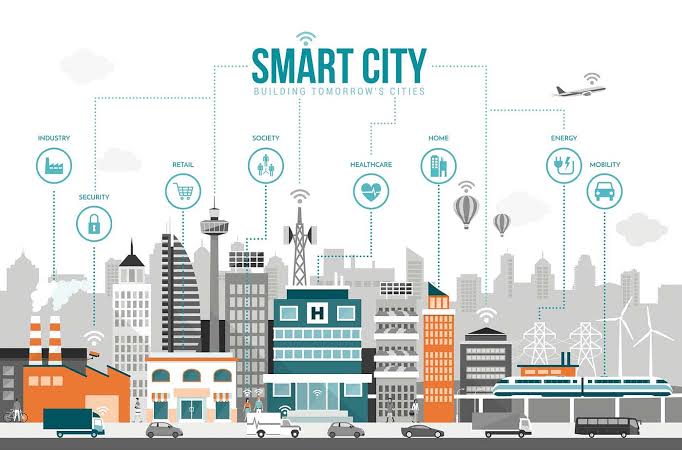In the increasingly globalized economy of July 2025, supply chains have grown longer, more complex, and more prone to disruption. From raw material sourcing to final delivery, organizations must navigate logistical, regulatory, and ethical challenges while maintaining efficiency and transparency. This is where blockchain technology is revolutionizing the game.
Originally developed for cryptocurrency, blockchain has evolved into a powerful tool for enhancing supply chain management. Its decentralized, immutable, and transparent nature offers a solution to many long-standing industry problems, including fraud, miscommunication, delays, and a lack of trust between parties. As supply chains face pressure to become more resilient and transparent, blockchain is becoming an essential infrastructure for companies aiming to compete in a data-driven world.
Understanding Blockchain in Simple Terms
At its core, blockchain is a distributed ledger technology (DLT) that records transactions in secure, tamper-proof blocks. Each block contains a timestamp, transaction details, and a cryptographic hash that links it to the previous block. Once added to the chain, information cannot be altered without consensus from the network.
This transparency, combined with security and decentralization, makes blockchain ideal for industries where accuracy and traceability are vital—especially supply chains.
Improving Transparency and Traceability
One of the greatest challenges in traditional supply chains is a lack of end-to-end visibility. With products often changing hands multiple times across borders, tracking a product’s journey can be slow and inaccurate.
Blockchain solves this by enabling real-time tracking of goods and materials:
- Every step in the supply chain is recorded on a shared digital ledger.
- All stakeholders—from suppliers and manufacturers to transporters and retailers—can access a single source of truth.
- Consumers can scan a QR code on a product and view its entire journey, from origin to store shelf.
This traceability is especially valuable in industries such as food, pharmaceuticals, and luxury goods, where safety and authenticity are critical.
Enhancing Security and Reducing Fraud
Supply chains are vulnerable to counterfeit products, especially in high-value sectors like electronics, fashion, and medical supplies. Blockchain’s immutability helps verify the origin and authenticity of products by storing digital certificates or signatures at each stage of the supply chain.
For example:
- A pharmaceutical company can track a vaccine’s temperature conditions during transportation.
- A diamond retailer can verify that a gem was ethically sourced.
- A consumer can confirm that their branded sneaker is not a counterfeit.
Because data on the blockchain cannot be easily tampered with, trust is significantly strengthened between all parties.
Automating Processes with Smart Contracts
Smart contracts are self-executing agreements built on blockchain that trigger actions once specific conditions are met. In supply chains, smart contracts automate routine processes and reduce manual intervention.
Practical applications include:
- Automatic payments when a shipment is delivered and confirmed.
- Regulatory compliance checks, like ensuring temperature-sensitive goods are stored properly.
- Vendor performance tracking, using data to reward or penalize suppliers based on delivery timelines.
This automation not only reduces delays and errors but also minimizes disputes between suppliers, manufacturers, and buyers.
Increasing Efficiency and Reducing Costs
Traditional supply chains rely heavily on paperwork, intermediaries, and manual data reconciliation. This can be slow, expensive, and error-prone. Blockchain streamlines the entire process by eliminating intermediaries and ensuring that data is consistent across the network.
Benefits include:
- Faster customs clearance and border documentation.
- Reduced administrative overhead.
- Fewer product recalls due to better tracking.
- Lower risk of double payments or invoicing errors.
In 2025, logistics companies are already integrating blockchain into shipping operations to cut costs and improve performance.
Supporting Sustainable and Ethical Sourcing
Consumers and regulators are increasingly demanding proof of sustainable and ethical practices. Blockchain can verify the source and journey of raw materials, helping companies meet environmental, social, and governance (ESG) goals.
Examples include:
- Tracking coffee beans from fair-trade farms to the café.
- Verifying the use of recycled materials in electronics manufacturing.
- Ensuring palm oil was sourced without contributing to deforestation.
By offering full visibility, blockchain helps organizations not just talk about sustainability—but prove it.
Real-World Examples of Blockchain in Action
Several major companies and governments are already using blockchain to improve supply chain operations:
- IBM and Maersk have partnered to digitize global shipping documentation through TradeLens.
- Walmart uses blockchain to trace produce back to farms in seconds, improving food safety and recall efficiency.
- De Beers tracks diamonds on its blockchain platform, ensuring ethical sourcing and conflict-free supply.
These real-world implementations are setting industry benchmarks for transparency and efficiency.
Challenges to Consider
While blockchain offers tremendous benefits, adoption is not without hurdles:
- High initial investment in technology, infrastructure, and training.
- Integration with legacy systems may require extensive changes.
- Scalability concerns, especially in public blockchains that process many transactions.
- Regulatory uncertainty, with laws still catching up to the technology.
Still, as standards improve and more organizations see the benefits, these barriers are gradually being overcome.
The Road Ahead
Looking to the future, blockchain will increasingly be combined with other technologies like the Internet of Things (IoT), artificial intelligence (AI), and edge computing to create truly autonomous, intelligent supply chains. For example, IoT sensors could feed real-time data into a blockchain ledger, while AI algorithms analyze patterns for optimization or risk detection.
Governments may also begin to mandate blockchain use in critical sectors to ensure traceability, particularly in areas like pharmaceuticals and food security.
Conclusion
Blockchain is not a silver bullet—but it is a foundational tool for modernizing and future-proofing supply chain management. In 2025, as global supply chains face disruptions from geopolitical tension, environmental shifts, and market volatility, the need for trust, transparency, and efficiency is more pressing than ever.
By integrating blockchain into supply chain systems, companies can create more reliable, ethical, and agile operations that serve both business goals and broader societal needs. It’s not just about tracking goods—it’s about transforming the way the world moves.



